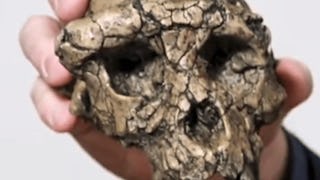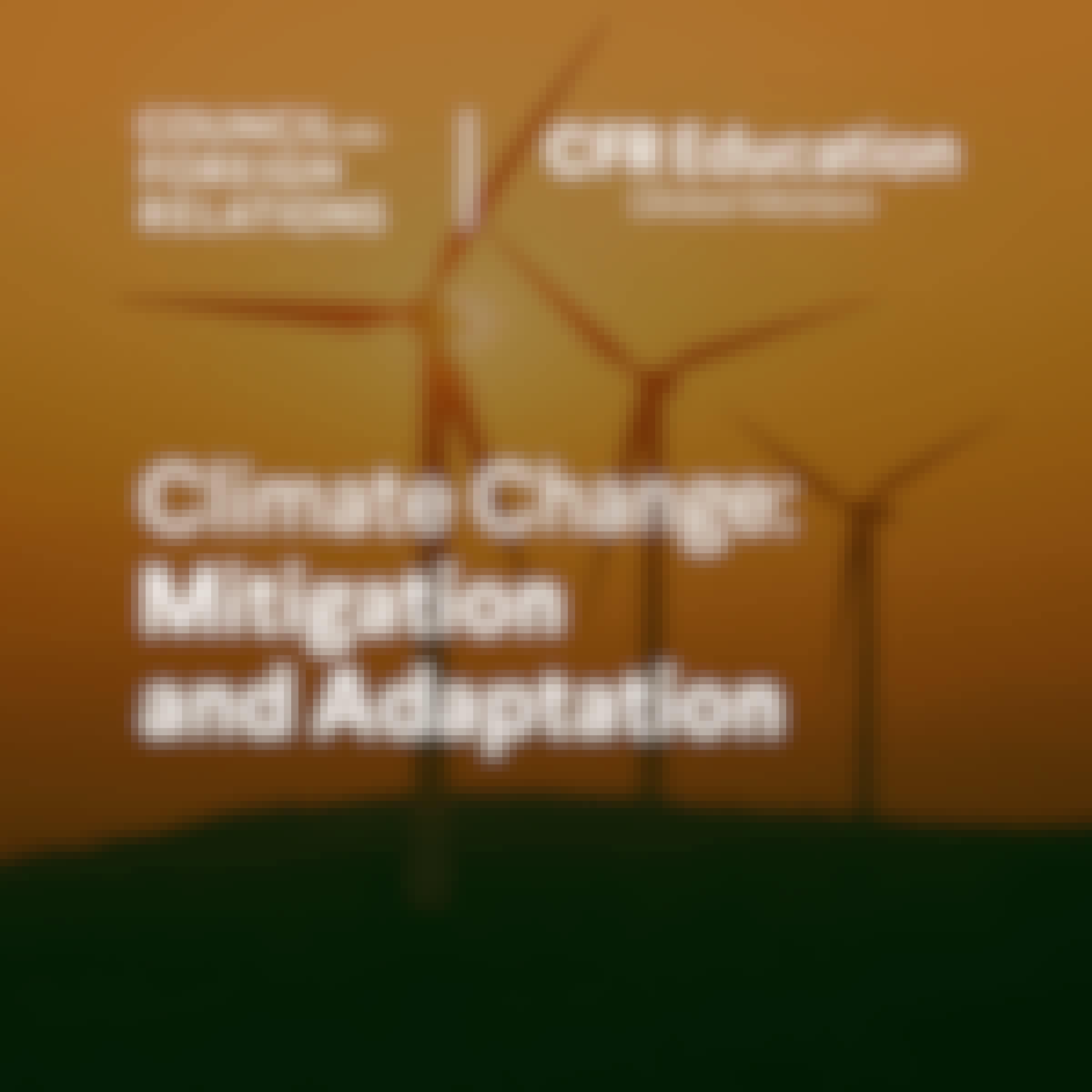Filter by
SubjectRequired
LanguageRequired
The language used throughout the course, in both instruction and assessments.
Learning ProductRequired
LevelRequired
DurationRequired
SkillsRequired
SubtitlesRequired
EducatorRequired
Explore the Natural Sciences Course Catalog

Coursera Instructor Network
Skills you'll gain: Large Language Modeling, Program Evaluation, Generative AI, Data Ethics, Artificial Intelligence, Google Cloud Platform, Natural Language Processing, Quality Assessment, Applied Machine Learning, User Feedback, Image Analysis, Human Factors, Performance Metric
 Status: Free Trial
Status: Free TrialSkills you'll gain: Machine Learning, Applied Machine Learning, Google Cloud Platform, Artificial Intelligence and Machine Learning (AI/ML), Data Processing, Predictive Modeling, Test Data, Supervised Learning, Deep Learning, Business Logic, Image Analysis, Natural Language Processing, Application Programming Interface (API)
 Status: Free
Status: FreeSkills you'll gain: Amazon Web Services, Cloud Computing, Cloud Services, Cloud Solutions, Digital Transformation, Public Cloud, Business Transformation, Innovation, Operational Efficiency
 Status: Free Trial
Status: Free TrialUniversity of Colorado System
Skills you'll gain: Culture, Cultural Diversity, Intercultural Competence, Diversity Awareness, Liberal Arts, Human Development, World History, Psychology, Ethical Standards And Conduct, Social Sciences, Sociology, Digital Communications
 Status: Free Trial
Status: Free TrialDartmouth College
Skills you'll gain: Scientific Methods, Laboratory Research, Research, Mechanics, Anthropology, Human Factors, Spatial Data Analysis, Torque (Physics), Life Sciences, Motion Graphics, Biology, Scientific Visualization, Timelines, 3D Modeling, Infographics

Google Cloud
Skills you'll gain: Looker (Software), Data Manipulation, Data Analysis Expressions (DAX), Pivot Tables And Charts, Ad Hoc Analysis, Data Cleansing
 Status: Free Trial
Status: Free TrialSkills you'll gain: Google Cloud Platform, Artificial Intelligence and Machine Learning (AI/ML), Business Transformation, Business Intelligence, Data Ethics, Data Quality, Natural Language Processing, Applied Machine Learning, Cloud API, Data Analysis, Image Analysis
 Status: Free Trial
Status: Free TrialAmerican Psychological Association
Skills you'll gain: Regression Analysis, Correlation Analysis, Statistical Software, Data Visualization, Statistical Analysis, Statistical Methods, Plot (Graphics), Descriptive Statistics, Histogram, Data Analysis, Box Plots, Exploratory Data Analysis, Analysis, Graphing, Data Visualization Software, Probability & Statistics, Quantitative Research, Statistical Visualization, Statistics, Data Literacy
 Status: NewStatus: Free Trial
Status: NewStatus: Free TrialCouncil on Foreign Relations
Skills you'll gain: Energy and Utilities, Social Justice, Environmental Issue, Mitigation, Environmental Resource Management, Environmental Policy, Emerging Technologies, Pollution Prevention, Environment, Technology Solutions, Environmental Science, Building Design, Artificial Intelligence

O.P. Jindal Global University
Skills you'll gain: Digital Transformation, Economics, Policy, and Social Studies, Market Dynamics, E-Commerce, Economics, FinTech, Policty Analysis, Research, and Development, Technology Strategies, Innovation, Governance, Emerging Technologies, Cybersecurity, Information Privacy

Johns Hopkins University
Skills you'll gain: Package and Software Management, Code Review, Open Source Technology, GitHub, Scientific Methods, Bioinformatics, Technical Documentation, Data Analysis, Programming Principles, Jupyter, Rmarkdown, Git (Version Control System), Integrated Development Environments

Skills you'll gain: Self Service Technologies, Session Initiation Protocols, Test Tools, Cloud-Based Integration, Development Testing, Natural Language Processing
Natural Sciences learners also search
In summary, here are 10 of our most popular natural sciences courses
- Evaluating Large Language Model Outputs: A Practical Guide: Coursera Instructor Network
- Applying Machine Learning to Your Data with GC - 日本語版: Google Cloud
- Cloud Essentials for Business Leaders - Healthcare and Life Sciences v01.00.00: Amazon Web Services
- Exploring the Origins of Selfhood: University of Colorado System
- Mechanics & Origins of Bipedalism: Dartmouth College
- Looker Functions and Operators: Google Cloud
- Innovating with Google Cloud Artificial Intelligence - Español: Google Cloud
- Data Exploration in Psychology: American Psychological Association
- Climate Change: Mitigation and Adaptation: Council on Foreign Relations
- Indian Economy in a Digital World: O.P. Jindal Global University










